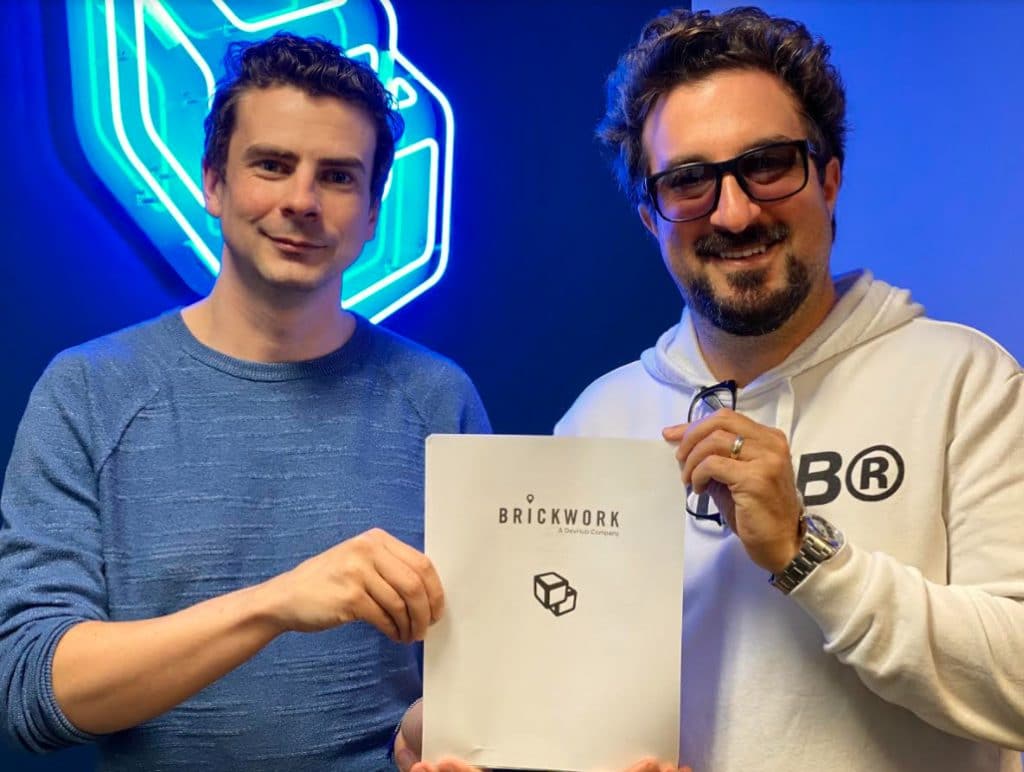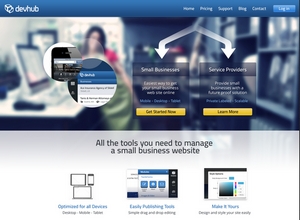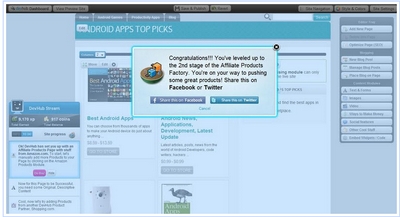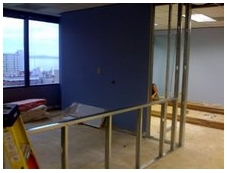Company that once catered to domain investors makes an acquisition that bolsters its client roster and product functionality. Seattle-based DevHub has acquired Brickwork Software, a retail tech company. DevHub began its life in 2007 as ... Continue ReadingLeave a Comment
The DevHub story: company finally finds a sustainable business, looks to expand in 2013
· ServicesAfter many failed business models, Seattle company DevHub has found a sustainable business model that doesn't rely on Google. It was the fall of 2010 and DevHub was running out money. Which meant it was running out of time. The company had raised ... Continue Reading6 Comments
DevHub’s Social Web Site Building Off to Strong Start
· ServicesWeb site builder gaining new users -- and new developed sites -- every minute. Last month I wrote about DevHub's latest web site builder release and noted that the company was adding a social element to building web sites. The social functionality ... Continue ReadingLeave a Comment
DevHub Launches Latest Web Builder Release
· ServicesCompany targets niche enthusiasts with latest release. Last Monday I made a quick stop at DevHub's offices in Seattle before heading to the DomainTools open house. From the moment I walked in to the office it was clear that people hadn't been ... Continue Reading11 Comments
5 Alternatives to Traditional Domain Name Parking
· Domain ParkingParking revenue got you down? Here are 5 alternatives to try. Here are five alternatives to traditional pay-per-click domain parking. RootOrange - RootOrange will lease your domain name on a local basis to multiple parties. In theory, this leasing ... Continue Reading31 Comments
DNW Radio – DevHub Founders
· UncategorizedCofounders and management team of web site building platform talk on DNW Radio. In this episode of DNW Radio, we talk with EVO Media Group founders Geoff Nuval, Mark Michael, and Daniel Rust. EVO Media Group is known for its DevHub web site building ... Continue Reading2 Comments
DevHub Creator Snags $1.5 Million Investment
· ServicesEVO Media Group picks up investment from private equity group and angel investors. EVO Media Group, Inc., the company behind web site building platform DevHub, has secured a $1.5 million investment. In addition to an undisclosed private equity group, ... Continue Reading3 Comments
DevHub Expands Office Space, Looking for More Developers
· ServicesSeattle company growing its team. DevHub offices getting an expansion.Web site platform provider DevHub is expanding its Seattle office space as it adds more employees. The company is adding about 1,000 square feet to its current office space and ... Continue Reading4 Comments
Epik Primes Pump for Web Development
· ServicesEpik off to quick start. It's been a couple months since Rob Monster launched Epik, a semantic web domain monetization service. How's it going? Quite well, reports Monster. He says the company will turn the corner on profitability next month, so ... Continue Reading1 Comment
DevHub Creator Turns Profitable
· ServicesWeb site building and monetization platform goes into the black. EVO Media Group, creator of the DevHub web site development platform, has reached profitability just five months after releasing its flagship project. The company boasts an active user ... Continue Reading5 Comments














